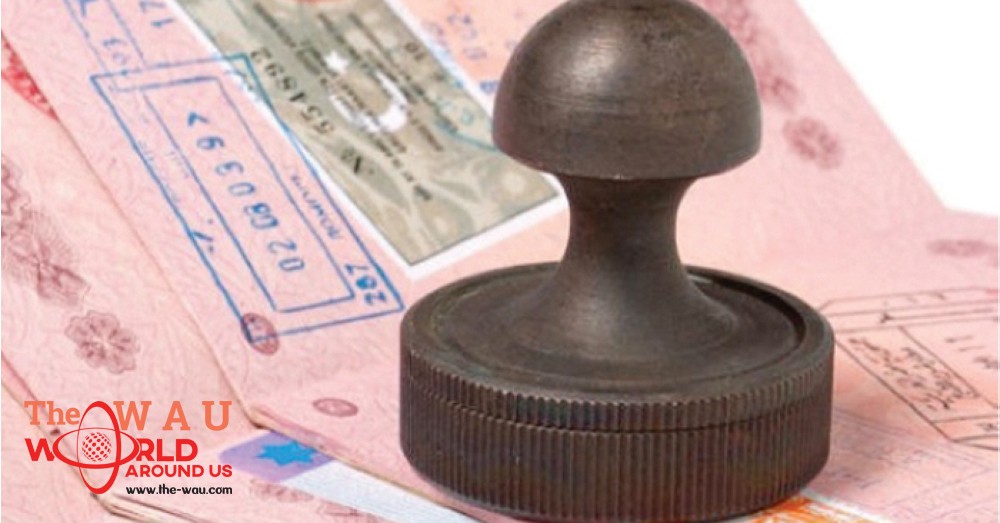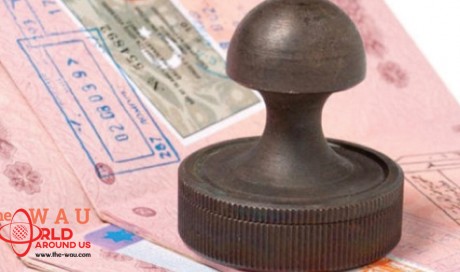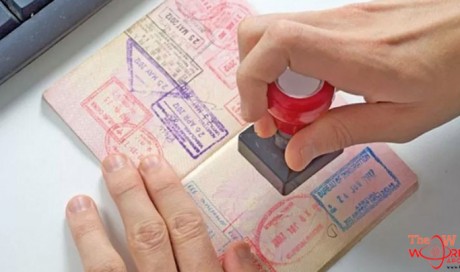Expats arriving in Oman to start work, or renewing employment contracts, can request a No Objection Certificate, according to officials.
There is no requirement under Omani law to wait until end of service, or termination, to request the document, which allows expats to move from one company to another in the Sultanate.
The only requirement for expat workers to obtain a No Objection Certificate is "agreement between all the parties", according to a Ministry of Manpower spokesman.
There is also no requirement on the part of an expat worker to wait until his contract is ending or he is leaving his job before requesting the document, required to allow expats to remain in Oman and work for other sponsors, or companies.
The No Objection Ceritifcate can be requested and obtained at any time during the expat's two-year employment contract, according to Royal Oman Police and the Ministry of Manpower, provided all parties are in agreement.
In fact, the document, once stamped by all authorities, does not carry any date.
Expats who want to switch jobs in Oman require the NOC, a letter from their current sponsor (employer) to authorities that they have 'no objection' to the move.
Should an expat employee fail to secure the NOC, he or she has to leave Oman and cannot return to work in the Sultanate for a period of two years, under current rules.
A spokesman from the Ministry of Manpower told Times of Oman: “The only real restriction for a shift in sponsor is the agreement of all parties. In the case of a direct shift in sponsorship, then this is an agreement between the two companies regarding the employee.
“In the case of a written certificate, the worker is not required to wait until the end of the contract to ask for that letter, and can get it earlier. The most important thing is that the employer gives it to him willingly.”
A spokesman for the Royal Oman Police told Times of Oman: “An employee can get their NOC as early as they want if they agree with their employer to do so. There is no legal expiry date on NOCs. As long as the worker has followed Ministry of Manpower requirements then the ROP fully agrees with the expat getting an NOC early.”
Work permits for expatriate workers are valid for two years, according to Ministerial Decision 340/2016. However, it is possible in certain cases to obtain temporary permits which can last four, six, or nine months.
In addition, Dr Duwaib Hussain Saber, a legal consultant at Dr Tariq Al Busaidi Legal Consultancy, told Times of Oman that a worker should legally be able to obtain the NOC before his contract ends.
“Labour Law Article 3 allows workers to make agreements with their employer that benefit them,” said Saber. “According to Article 56, it is possible for the company to shift sponsorships to another sponsor, which allows the worker to remain in Oman. If this isn’t done, the expat must leave Oman. As supported by Article 3, a worker should legally be able to gain an NOC from his employer before his contract ends.
According to Article 56 of the Labour Law, “Employers must return expatriate workers to their country once their work relationship expires, unless sponsorship is transferred to another employer.”
Article 18 of the Labour Law states, “Employers are prohibited from: Leaving (allowing) their expat workers to work for someone else; employing expat workers who have been permitted to work for someone else or are illegally in the Sultanate, to employ any non-Omani in a completely Omanised profession. Non-Omanis may only work for the employer they have been permitted to work under.”
In practice, it is possible to provide an NOC that does not state with whom the employee can work next.
An administration manager at a major company in Oman said, “All of our NOCs say that we have no objection to the employee shifting sponsors, and we do not set a time period or to whom we have allowed sponsorship to shift. The expat worker will then take that document to the ROP and the Ministry of Manpower for approval and the shifting of their sponsorship from us.”
Expat employees in Oman are normally entitled to benefits such as a basic salary, allowances for accommodation and transport, paid leave, medical leave and emergency leave, an end of service gratuity and medical treatment.
Share This Post













